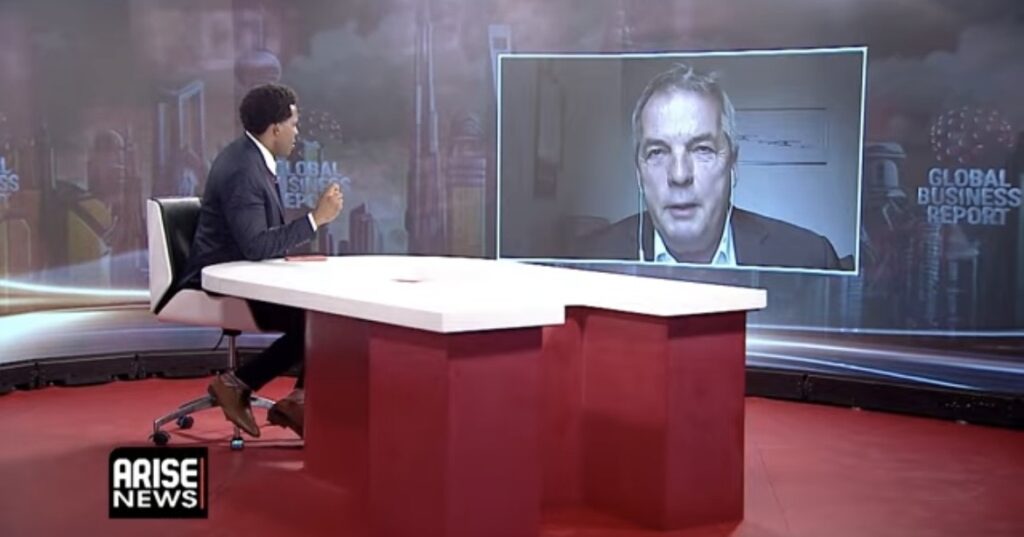In her interview with Sky News Arabia Business, Dr Carole Nakhle, CEO of Crystol Energy, highlighted the growing awareness that no single energy source can drive the transition alone, and that a pragmatic, inclusive approach is essential to achieving a low-emission future.

Key takeaways:
The global conversation around the future of energy has shifted from focusing on one solution, such as renewables or hydrogen, toward recognizing the value of all energy sources, including oil and gas, in enabling a gradual and realistic transition.
With oil, gas, and coal still providing over 80% of global primary energy, a complete and rapid transition to renewables is neither technically nor economically feasible in the short term.
Rising prosperity, especially across Africa and other emerging regions, will drive higher electricity consumption, as current usage levels remain well below actual needs.
The growth of artificial intelligence and data centers will significantly increase electricity demand. Yet, these technologies also improve efficiency and can help reduce strain on grids when optimally deployed.
Electricity can be produced from all sources (oil, gas, coal, nuclear, and renewables) but the key challenge is increasing output while lowering emissions. Transitioning from coal to natural gas can meaningfully reduce CO₂ emissions.
Oil prices have stabilized compared to last year, with some forecasts pointing to $50/bbl amid oversupply conditions. In her view, a range of $60–65/bbl remains reasonable under current dynamics.
While sanctions on Russia and other geopolitical factors persist, their effect on production and trade flows has diminished. Only if key buyers like India or China are directly affected would a significant market shift occur.
A balanced, realistic path forward should leverage all energy sources while accelerating efficiency gains through technology and AI to enable sustainable economic growth.
Related Comments
“Trump tariffs: Concern grows over falling oil prices“, Dr Carole Nakhle, Apr 2025
“Experts warn of trade tensions on oil demand“, Dr Carole Nakhle, Apr 2025








